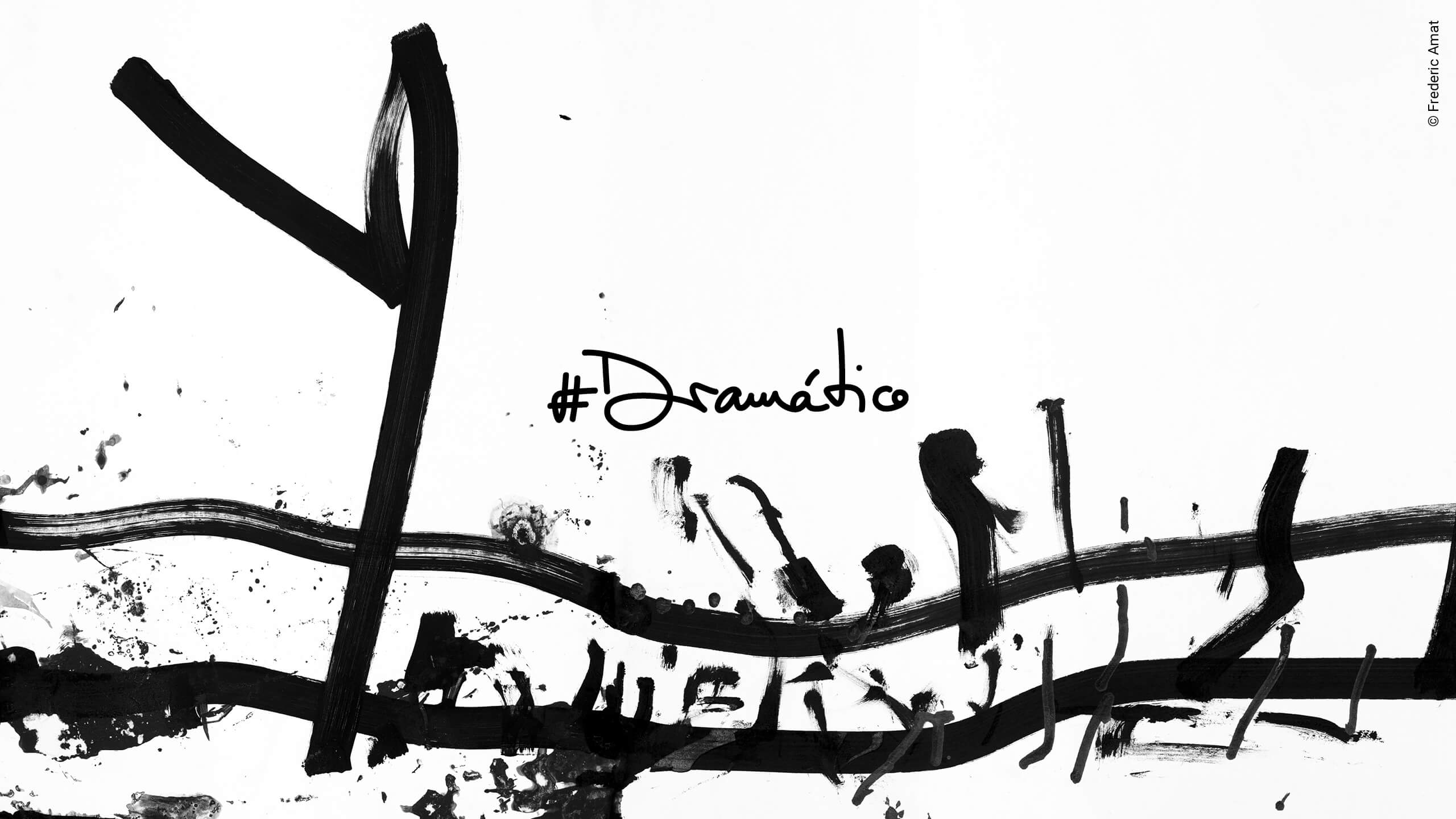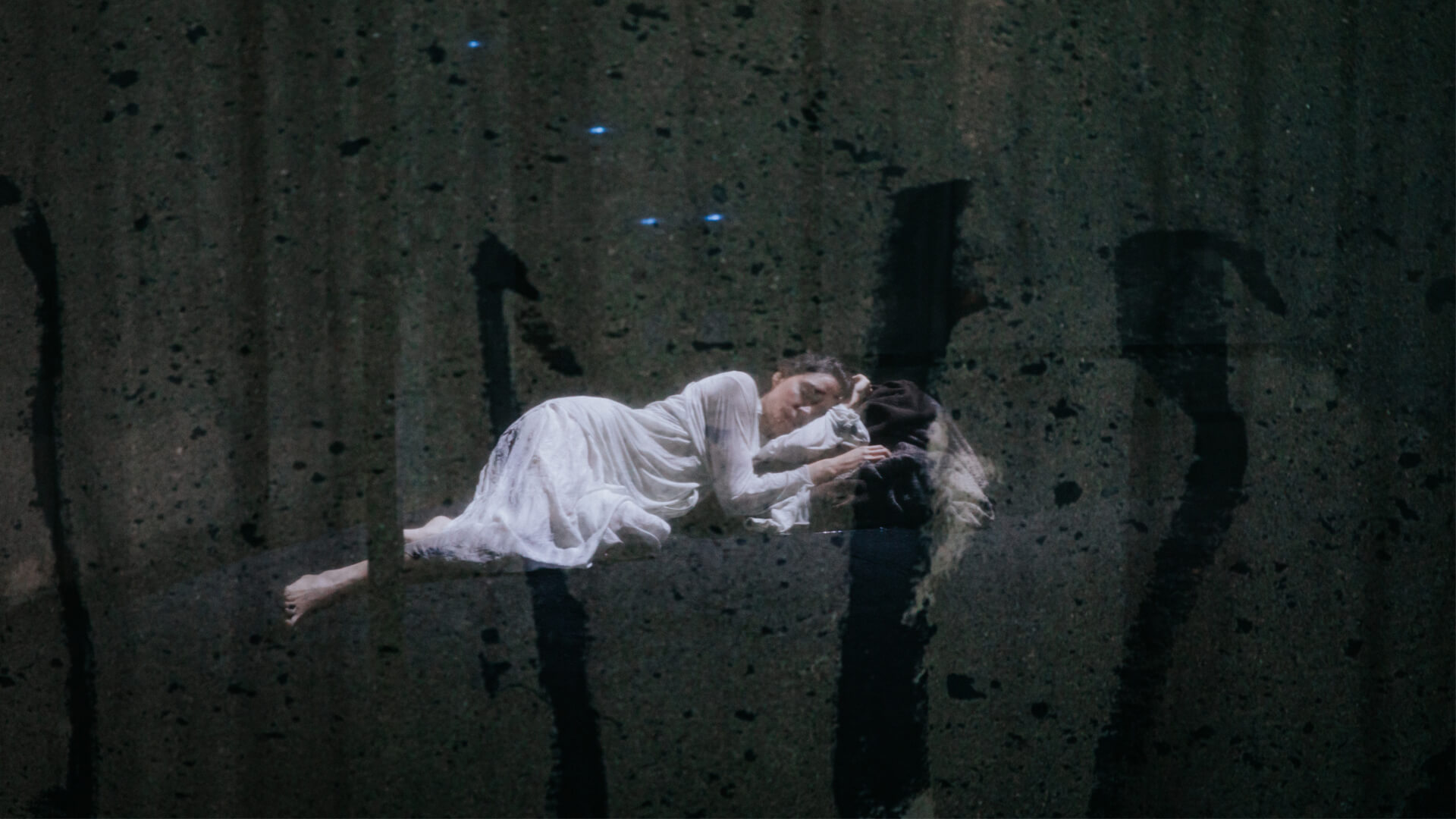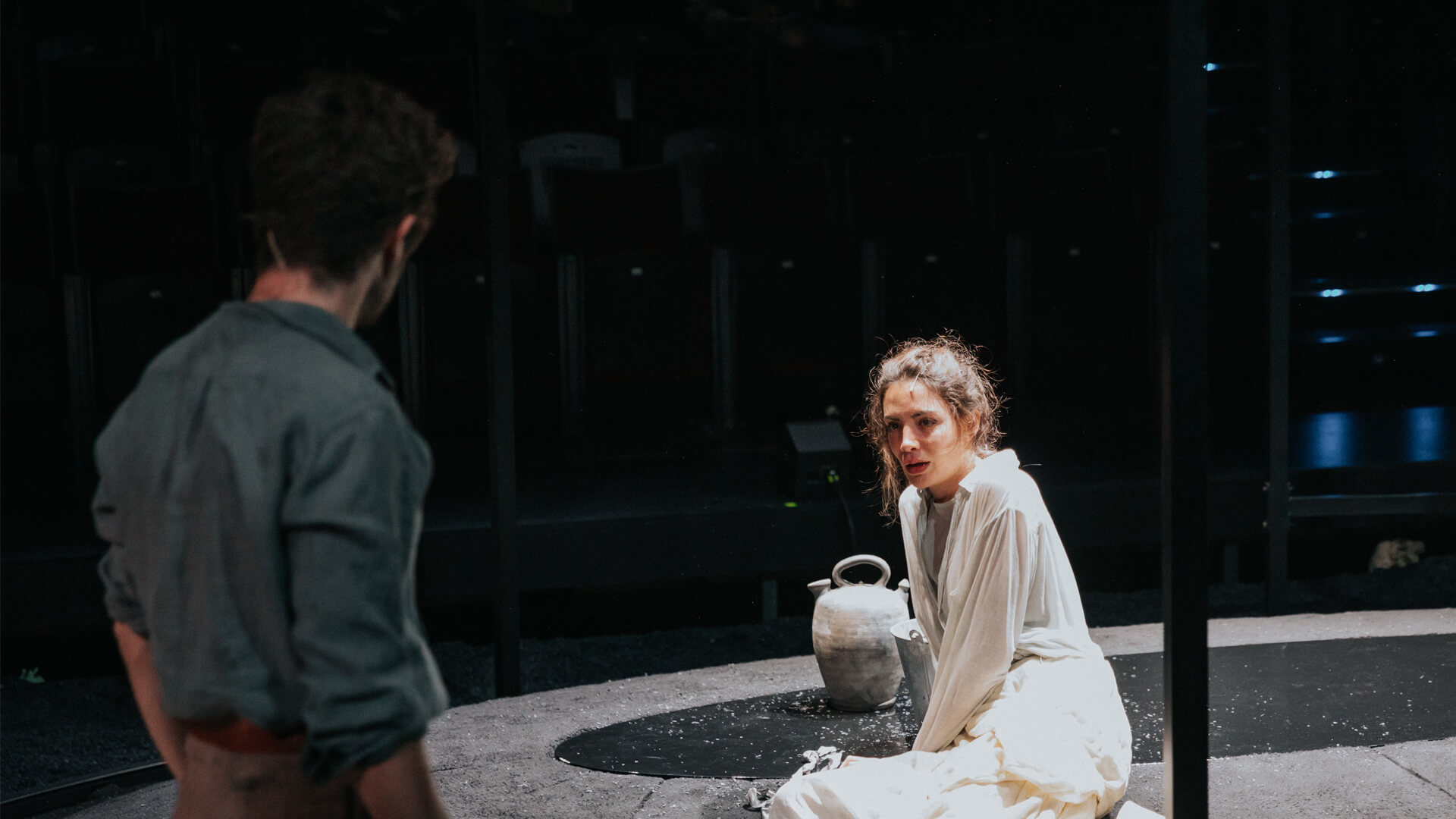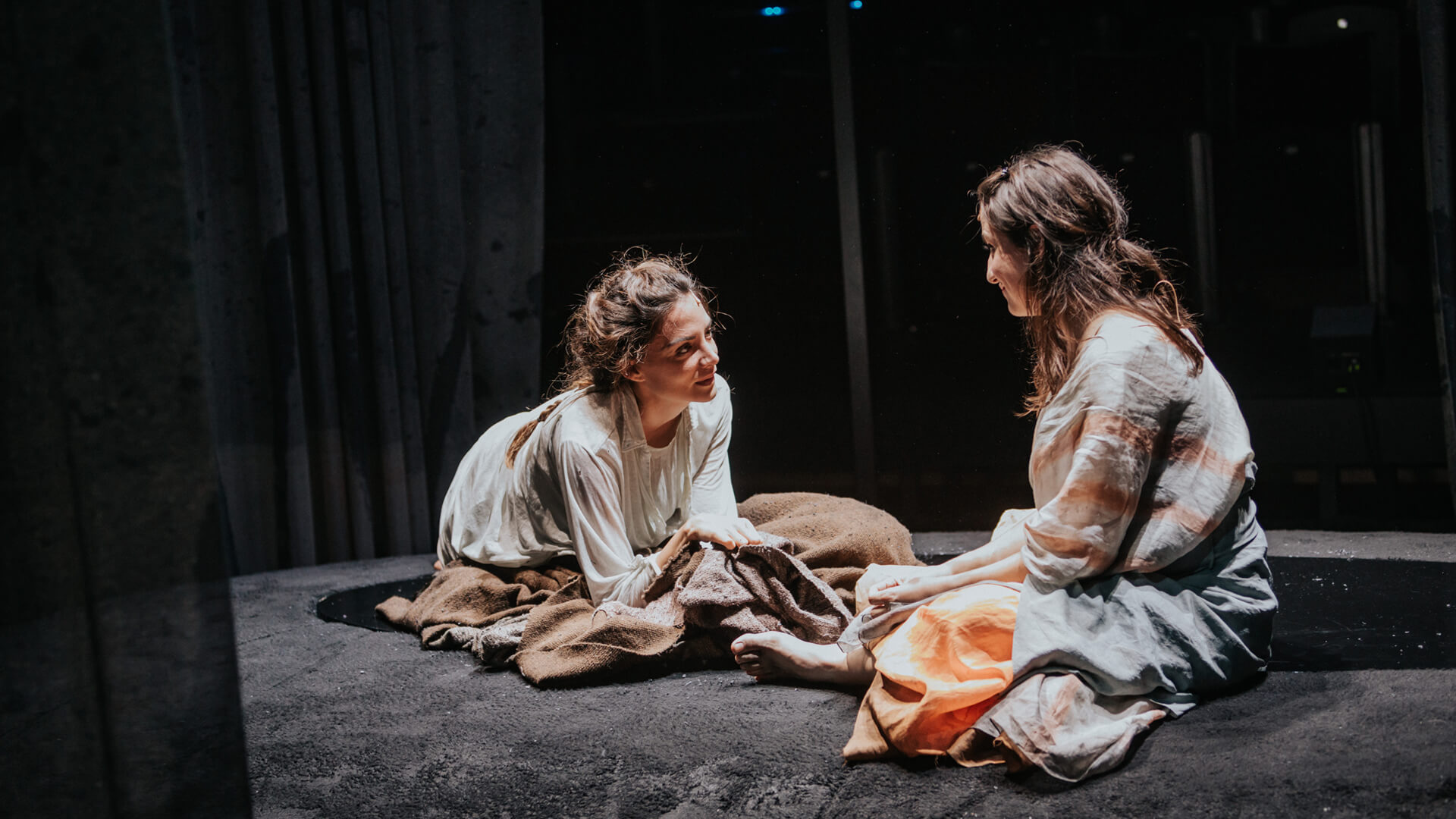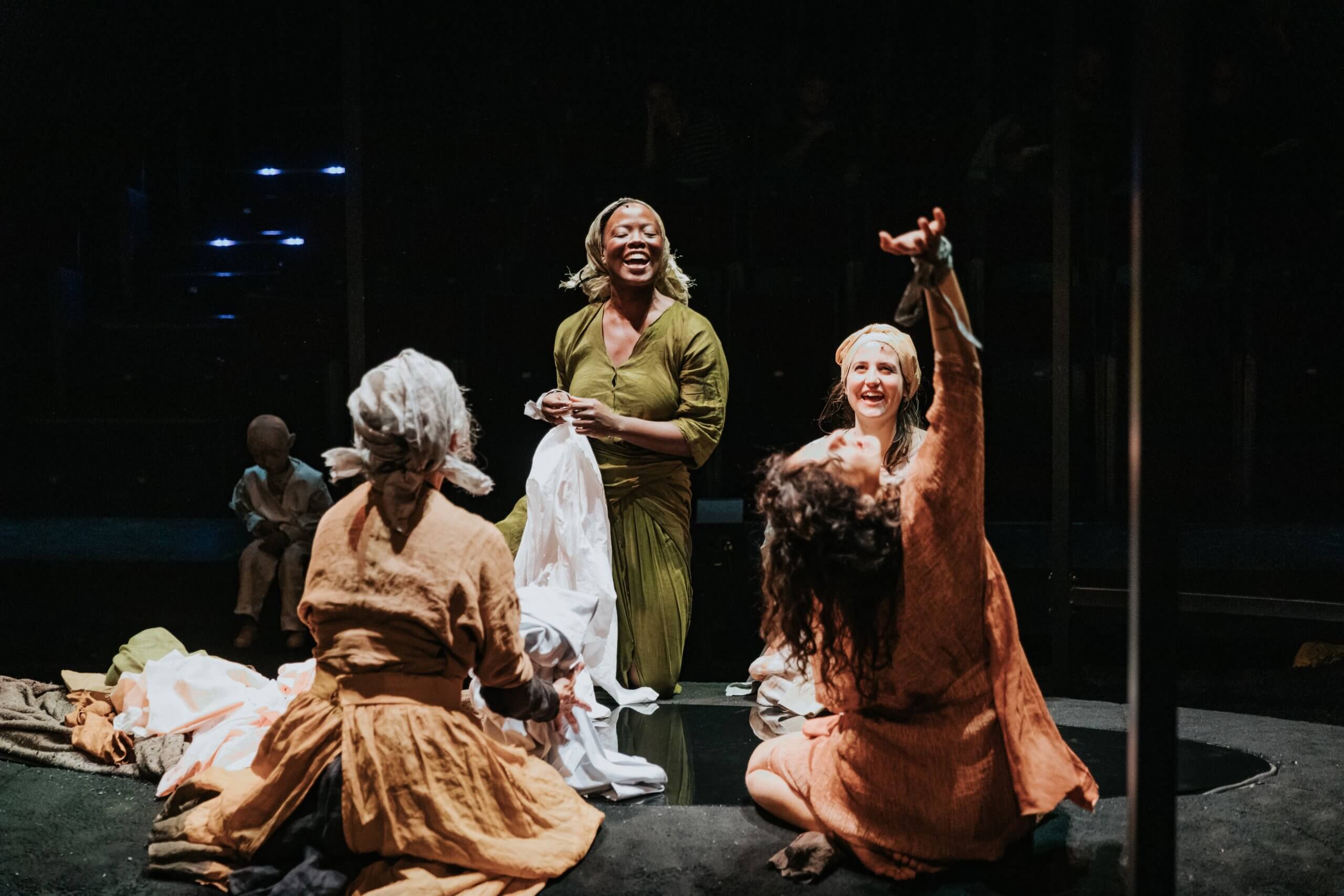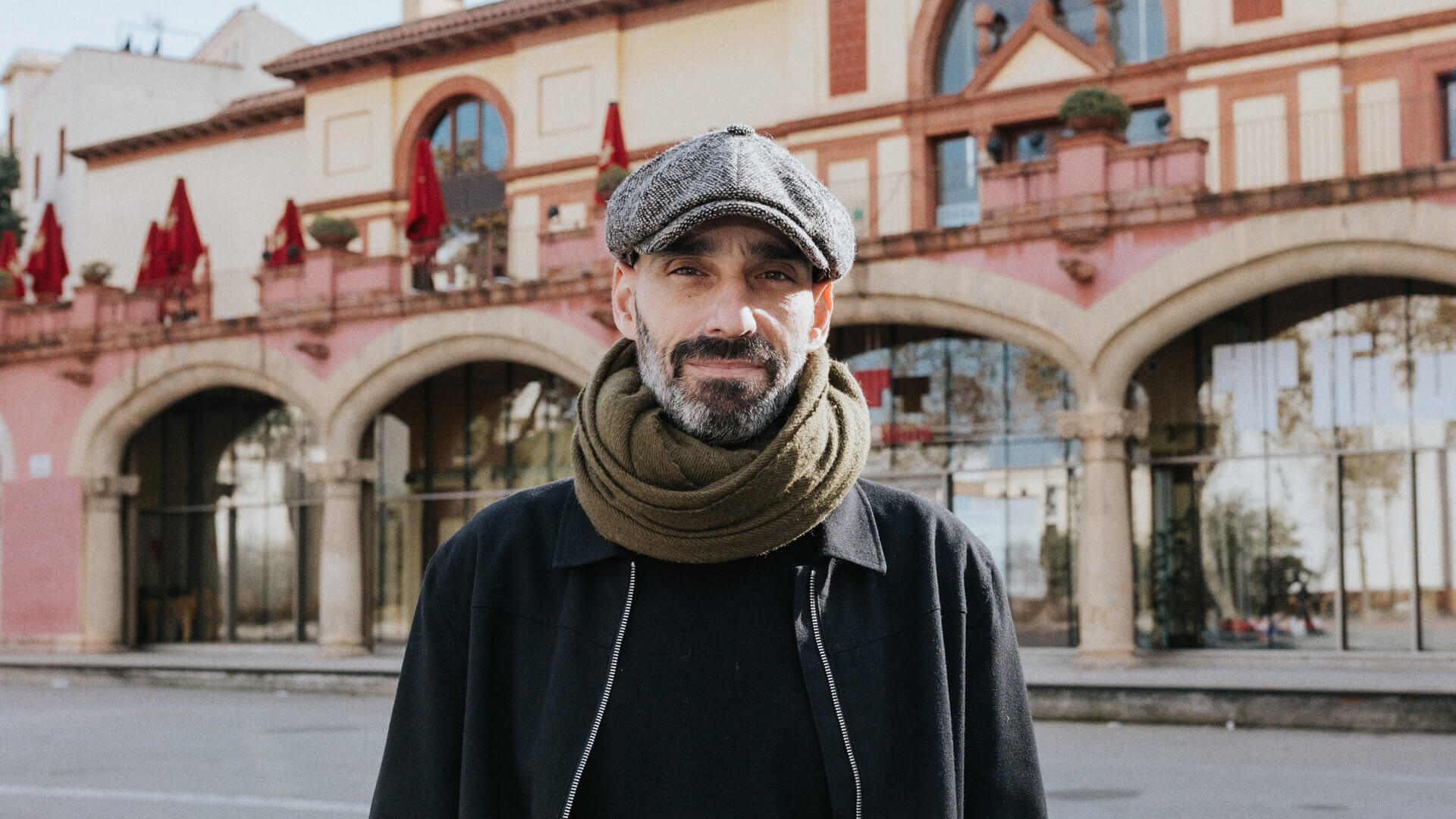Juan Carlos Martel Bayod
Director of the Fundació Teatre Lliure de Barcelona – Teatre Públic de Barcelona. Co-founder and member of the Directors Lab of Mediterranean executive committee.
Graduate in Dramatic Art from the Institut del Teatre in Barcelona and post-graduate in Design of Cultural Projects from the University of Barcelona, he was awarded a scholarship to study at the Scuola Europea per l’Arte dell’Attore in Pisa and in 2004 at the Rose Bruford College in London with a scholarship from the Erasmus programme. In 2005, he trained at the Sala Beckett International Workshop with José Sanchis Sinisterra and Martin Crimp. That same year he was chosen by Lluís Pasqual’s BAT project at the Bilbao Arriaga Theatre and in 2006 he was part of the Factoría Escénica Internacional platform promoted by Carme Portaceli.
View more
From 2010 to 2012 he worked as assistant director with Lluís Pasqual at the Piccolo Teatro di Milano. He is a member of the Lincoln Center Theater Directors Lab, New York 2013. From 2015 to 2017 he was part of the artistic management team at Teatre Lliure.
Between 2017 and 2018 he was a teacher in Florence at the Scuola di formazione del mestiere dell’attore L’Oltrarno, run by Pierfrancesco Favino.
In 2019 he was an international artistic advisor to the Teatro della Pergola – Fondazione Teatro della Toscana, the year the board of the Teatre Lliure Foundation – Teatre Públic de Barcelona chose him to run the institution.
His most recent directing works include La malaltia, based on The Disease of Youth by F. Bruckner (Teatre Lliure, 202) and Càsting Giulietta, by Marc Artigau (Teatre Lliure, 2019).
© Sílvia Poch


